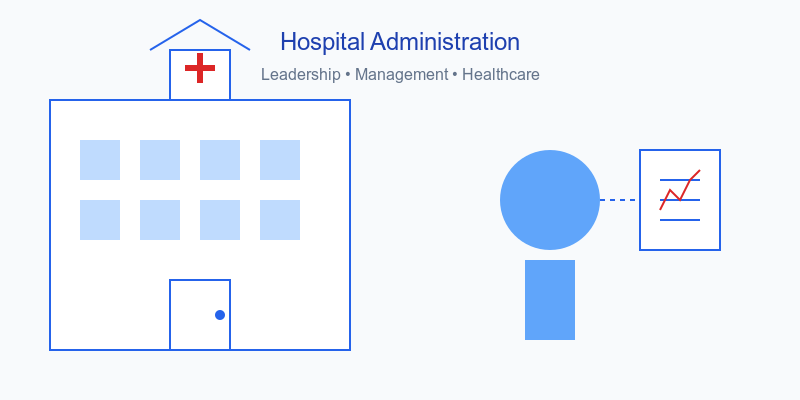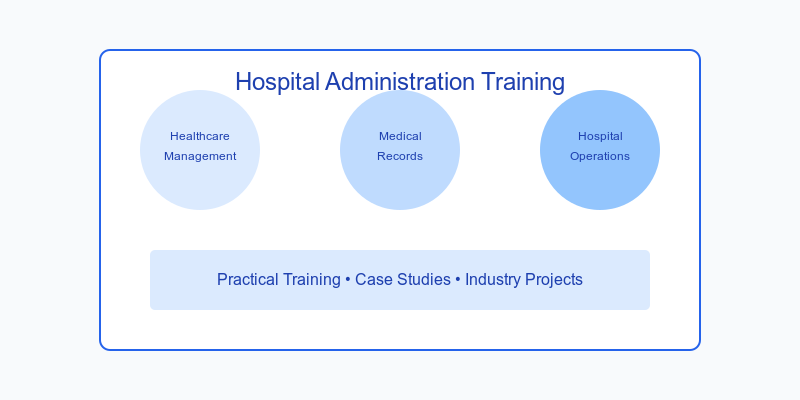Hospital Administration is the management and coordination of healthcare facilities, including hospitals, clinics, and medical centers. It involves overseeing daily operations, managing staff, ensuring quality patient care, and maintaining financial sustainability. As healthcare becomes increasingly complex, skilled hospital administrators are more vital than ever.
Key Responsibilities of Hospital Administrators
Hospital administrators wear many hats and manage various aspects of healthcare facilities:
- Strategic Planning and Leadership
- Financial Management and Budgeting
- Human Resources Management
- Quality Assurance and Patient Care Standards
- Regulatory Compliance and Accreditation
- Facility Operations and Maintenance
- Technology Implementation and Management
- Community Relations and Marketing



